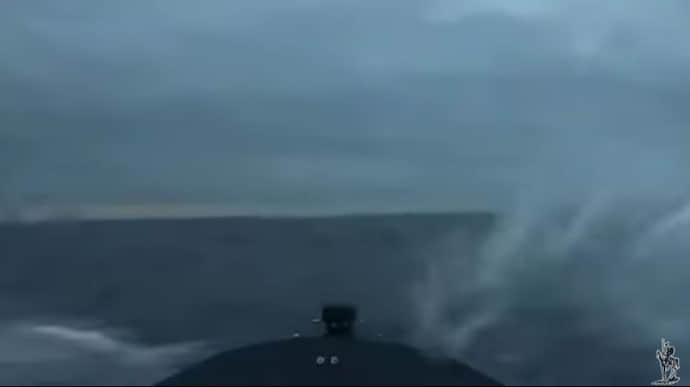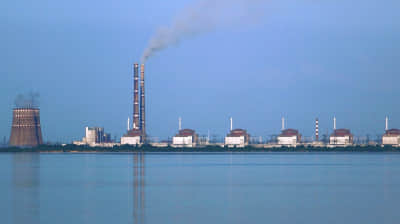First surface vessel attack on Crimea failed as Musk turned off connection – UP

Ukraine tried for the first time to use uncrewed surface vessels against Russian vessels in Sevastopol Bay in September 2022, but 70 kilometres from the target, the connection with billionaire Elon Musk's Starlinks was lost. It was not possible to persuade Musk to turn back on the connection, so Ukraine modified the drones.
Source: an article by Ukrainska Pravda "Sea drones, Elon Musk, and high-precision missiles: How Ukraine dominates in the Black Sea"
Details: The first attempt to attack Russian targets in Sevastopol took place on the night of 16-17 September 2022.
Vasyl Maliuk, the head of the Security Service of Ukraine, and Vice Admiral Oleksii Neizhpapa, Commander of the Navy, Vice Prime Minister Mykhailo Fedorov and Brigadier General of the Security Service Military Counterintelligence who goes by the alias Hunter and is the mastermind behind the entire surface vessel programme, watched the progress of these operations from a protected bunker.
Hunter said that these were the first samples of surface vessels, and some of them sank or spontaneously exploded on the way to Sevastopol Bay.
However, five vessels, each carrying 108 kilograms of TNT, made it through the waves and were approaching Sevastopol.
Quote from one of the participants of the operation: "We were 70 kilometres away from the Admiral Makarov frigate. Everyone was on edge, as we were going to attack it. And then, our communication was cut off. Elon Musk switched off Starlink, which we used to control the vessels."
Quote from one of those in the bunker: "Fedorov tried to persuade him, but Musk did not listen. Our people also tried to resolve the situation through their channels, but the Americans said that it was a private company, and they couldn't put pressure on it."
More details: The team tried to return the vessels back to the base, but only two of them made it: "Even those two vessels that came back provided invaluable information. On communication, navigation, hull, and so on."
One of the developers said that the Security Service and the Navy had a whole military laboratory that studied everything, took it all into account, and a month later, in October, they managed to hit Russian targets in the bays of Sevastopol.
Support UP or become our patron!





